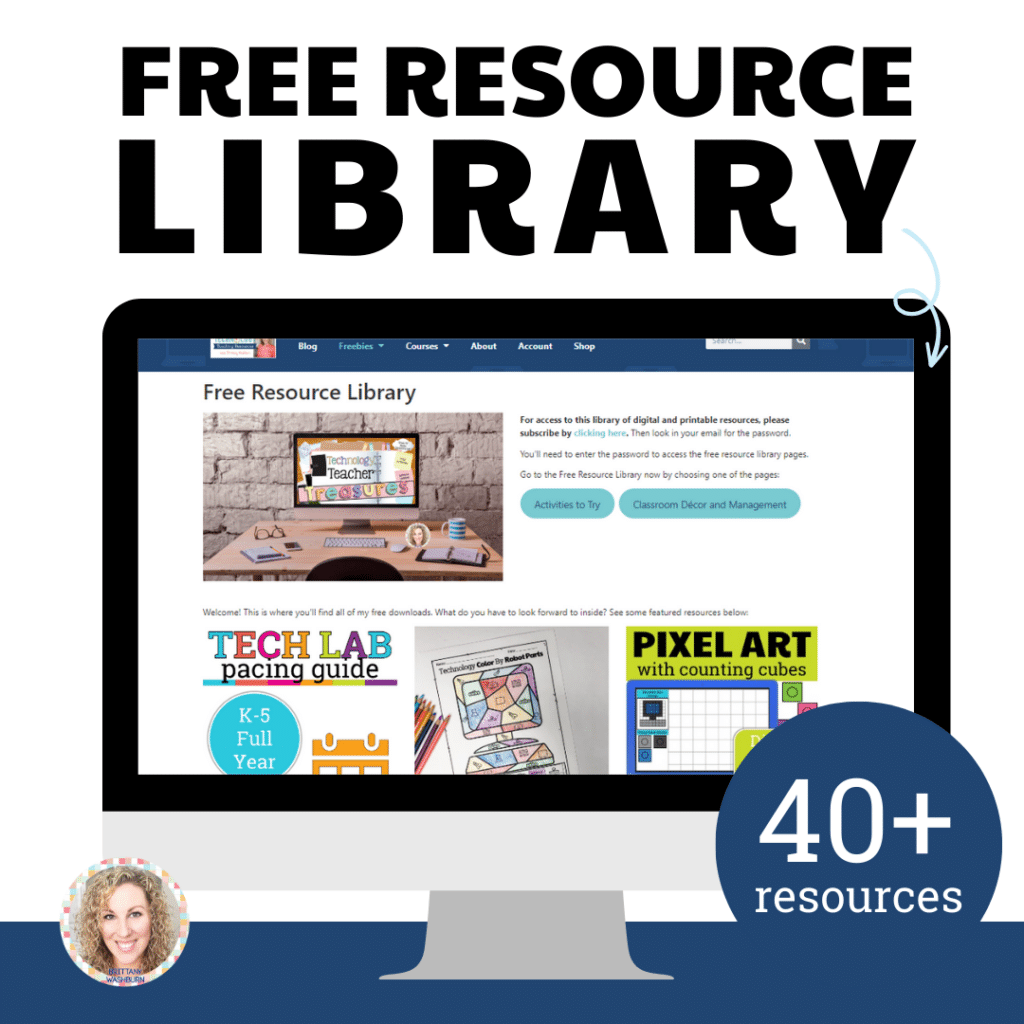13 Ways to Integrate Literature and Technology
Even the literary types can enjoy the benefits of technology. Check out how you can integrate literature and technology seamlessly. Here are tips, tools, and resources for teaching literature with technology.
-
Tens of thousands of free ebooks are available at websites like Project Gutenberg, free audio books at Open Culture, and even story books read aloud for younger students at Storyline Online.
-
You can let even elementary kids read and interact with age-appropriate poetry at websites like Poetry4kids and the Academy of American Poets’s kids section.
-
When you’re writing poetry with your class, an online Rhyming Dictionary , RhymeZone is super helpful to get students thinking with a broader vocabulary.
-
Scholastic Story Starters or lists of prompts in articles such as this one will help your students think of things to write about in a variety of genres.
-
For vocabulary practice (and more) there are many traditional dictionaries and thesauruses online, including ones like Learner’s Dictionary that feature definitions worded in a way children can understand. Vocabulary.com can make studying new definitions fun, and even revolutionize how you and your students treat vocabulary learning if you sign up for a teacher account.
-
Khan Academy and HippoCampus have educational videos on a variety of subjects. Your students can study independently, you can use content for your lessons or you can create playlists for your students to review. Students can equip themselves with learning tools and flashcards to help them study for almost any topic with Quizlet, or try Grammaropolis for a 21st century Schoolhouse Rock.
-
BibMe will help your middle and high school students get their citations correct in APA, MLA and Chicago Style. Meanwhile, Grammarly can help your students eliminate writing errors and find the perfect words to express themselves.
-
Playing educational games using websites, apps or Chrome extensions is an extremely effective way to reinforce learning in an engaging way. Even if you’re not quite ready to build them into your lesson plans, early finishers can be assigned a game on the topic you are studying as a meaningful reward while you help the stragglers complete their work. Open up Google and type in “[subject] game for [grade level]“ to find something aligned to your unit (or you can check out our articles on some of the best free reading games out there). Many sites such as Starfall will not only provide games, but also help your primary kiddos learn to read with interactive “books”.
-
There are several creative platforms out there for contributing to online communities that create storybooks and illustrations, such as My Storybook and Storyboard That.
-
You can try video conferencing with an author or expert using a website like Nepris or the Digital Human Library. Or if you already have a subject matter expert in your contacts, you can just use any video conferencing platform you like from Skype to Zoom or Google Meet.
-
Classroom blogs are a great and versatile way to have students post their writing (stories, paragraphs, poetry, etc.), pictures of class projects, or even audio projects (read aloud practice, speech class ventures, etc.). Many blogging platforms are designed to be very easy to use, like Blogger and Live Journal. Edublogs was even made just for classroom and school library blogs.
-
Turn your next classroom discussion into a podcast. You can post your podcast on your class website (or blog). If you use Macintosh, you can just use the included GarageBand software for recording and postproduction. If you use Windows, you might use the free software Audacity. You can also do podcasts as weekly classroom news broadcasts, to document a field trip, share book reviews or review curricular content.
-
The internet is also just a great place to find inspiration for lesson planning. Get new ideas and resources to teach anything from writing haiku for kids to conjugating verbs by simply asking Google “how to teach [subject]”.
Pin this post to get back to later:




